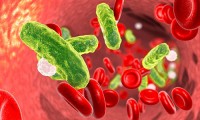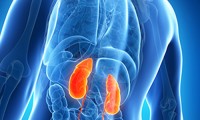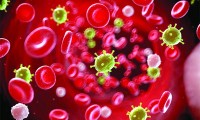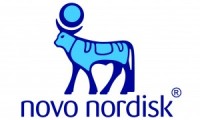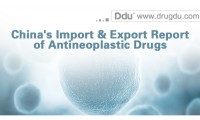-
Biosimilar Avastin wins EU approval
- Source: Pharmatimes
- 568
- January 23, 2018
-
Pfizer, Foundation Medicine to develop companion diagnostics for oncology treatments
- Source: invitrodiagnostics.medicaldevices-business-review
- 629
- January 18, 2018
-
NHS Adopts Early Warning Sepsis System
- Source: Celebrity Angels
- 557
- January 17, 2018
-
New AI technology significantly improves human kidney analysis
- Source: Medical Xpress
- 638
- January 12, 2018
-
After disappointing 2016, new drug approvals roared back to life in 2017
- Source: fiercebiotech
- 623
- January 4, 2018
-
What Happens When You Get Pregnant In Your 20s, 30s, 40s
- Source: msn
- 424
- December 22, 2017
-
Novartis-backed resTORbio raises $40M for aging disease trials
- Source: Fiercebiotech
- 621
- December 19, 2017
-
Novo Nordisk Receives FDA Approval of Ozempic (semaglutide) Injection For the Treatment of Adults with Type 2 Diabetes
- Source: medicalxpress
- 575
- December 6, 2017
-
Pfizer and Genentech Duke it Out in Court Over Herceptin Biosimilar Patents
- Source: Biospace
- 644
- November 24, 2017
-
China’s Import and Export Report of Antineoplastic Drugs
- Source: Ddu
- 1,502
- November 3, 2017
your submission has already been received.
OK
Subscribe
Please enter a valid Email address!
Submit
The most relevant industry news & insight will be sent to you every two weeks.



